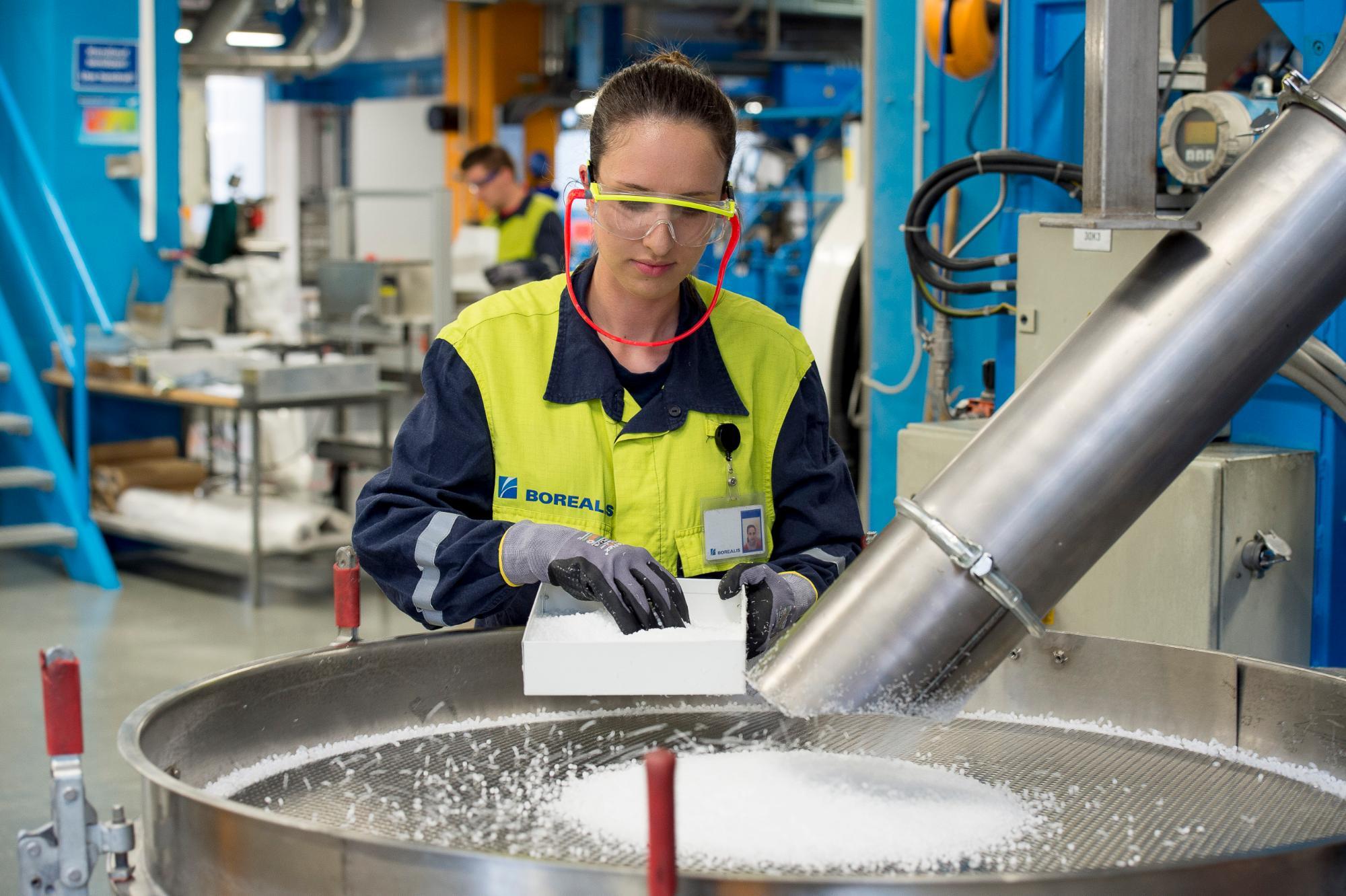EASO publishes a COI report on Iraq: Key socio-economic indicators for Baghdad, Basra and Erbil
Today, the European Asylum Support Office (EASO) published a Country of Origin Information (COI) Report on Iraq. The report is titled Key socio-economic indicators for Baghdad, Basra, and Erbil. This report is a part of a series of Iraq reports that will be produced in 2020. These reports cover the security situation, key socio-economic indicators in Baghdad, Basra, and Erbil, and targeting of individuals. The reports provide information relevant for international protection status determination for Iraqi asylum seekers and will be used to inform the update of the chapter on Internal Protection Alternative within the EASO Country Guidance on Iraq 2020 update.
The report, EASO COI Report – Iraq: Key socio-economic indicators. should be read in conjunction with the other reports that will be published later.
Iraqi applications for international protection in the EU+ have been decreasing since 2016. Nevertheless, Iraqi nationals ranked fifth among the most common citizenships in the EU+ in 2019 with over 30 000 applications. In the first quarter of 2020, Iraqis lodged some 6 100 applications, fewer than in the first quarter of 2019. Subsequently, the number decreased even more as asylum authorities in EU+ countries implemented restrictive measures to halt the spread of the COVID-19 pandemic. As a result, in the first six months of 2020, Iraqi nationals lodged just under 8 500 applications in EU+ countries, almost half compared to the same period in 2019. Nevertheless, Iraq kept the fifth position among the most common countries of origin. In the first six months of 2020, approximately 11 900 first-instance decisions were issued on Iraqi applicants, with a recognition rate for EU-regulated types of protection at 38 %. The number of pending cases at first instance has gradually decreased over the last six months, so that in the end of June 2020 there were some 15 800 cases awaiting a decision. Germany has been the main destination country for Iraqi applicants: from April 2019 to March 2020 almost half of all Iraqi applications in the EU+ were lodged in Germany.
The EASO COI report: Iraq – Key socio-economic indicators provides information on key socio-economic indicators in Iraq, focusing on Baghdad, Basra and Erbil. It highlights aspects of demographics, humanitarian context, IDPs/returnees, women, children, support networks, documents, and impact of COVID-19. Relevant indicators include the general economic situation, access to employment and livelihoods, poverty, food and water security, housing and living conditions, access to health care, and access to education.
The report was drafted by the EASO COI Sector in accordance with the EASO COI Report Methodology, and was reviewed by the Austrian Centre for Country of Origin and Asylum Research and Documentation (ACCORD), the Polish Office for Foreigners’ COI Unit, and the Dutch Ministry of Justice’s Office for Country Information and Language Analysis.
The report can be downloaded from the EASO COI Portal on the following link.


